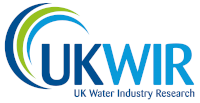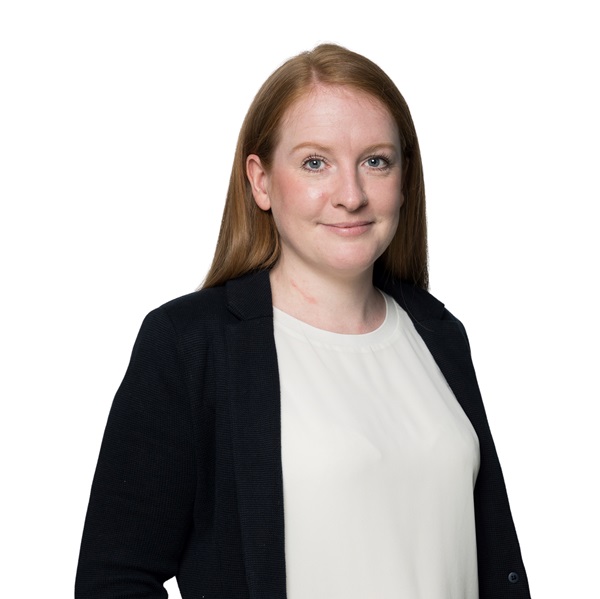UKWIR’s innovative research programme transforms sewerage management
21/11/2024
As Jenni Hughes, UKWIR’s strategic programme manager, explains, “UKWIR’s research programme aims to create a future where sewerage management is not just an essential service, but a key contributor towards a sustainable and healthy environment.”
Previously focused on understanding existing networks, UKWIR now shifts its focus to the future, offering water companies the tools and knowledge needed to address the challenges of sewage management in AMP8 and beyond.
Protecting Rivers and Seas
Our research prioritises understanding threats to rivers from sewage, stormwater, and pollution and creating data-driven solutions.
Dr Nick Mills, director of environment & innovation at Southern Water, is UKWIR’s programme lead on Big Question 6: How do we achieve sustainable and resilient sewerage and drainage by 2050?
Mills says, “To optimise the benefits for both people and nature, we need a data-driven river strategy that comprehensively analyses threats to river health.
This approach should hold all sectors accountable, while simultaneously empowering them to identify solutions for building and maintaining healthy rivers.
Beating Blockages
FOG (fats, oils, and grease) causes most sewer blockages. UKWIR explores solutions like FOG charging for food businesses. UKWIR projects tackling this include:
23/SW/01/24:
Understanding the scale and impact of privately owned drains and sewers on sewer capacity
23/WW/22/7:
Treatment options for storm overflows
Live Project:
FOG charging – should food service wastewater charges reflect FOG content?
Data and Insights
UKWIR promotes data transparency and explores AI/predictive analytics for proactive blockage identification. Recent UKWIR projects include:
23/SW/01/27:
Modelling sewer inlet capacity restrictions
23/SW/01/25:
Quantifying, managing and communicating the differences in storm overflow spill data between event duration modelling (edm) outputs and hydraulic model prediction
Working with Customers
Customer behavior campaigns are crucial to reduce blockages. UKWIR research emphasises tailored campaigns and national collaboration. For example, UKWIR research (23/SW/01/28) highlights the need for effective customer campaigns to reduce sewer blockages. It found tailored campaigns, a unified national approach, and industry collaboration are crucial for changing customer behaviour.
For more information on the direction of travel for our research projects from now to 2050, visit: ukwir.org/research-strategy

